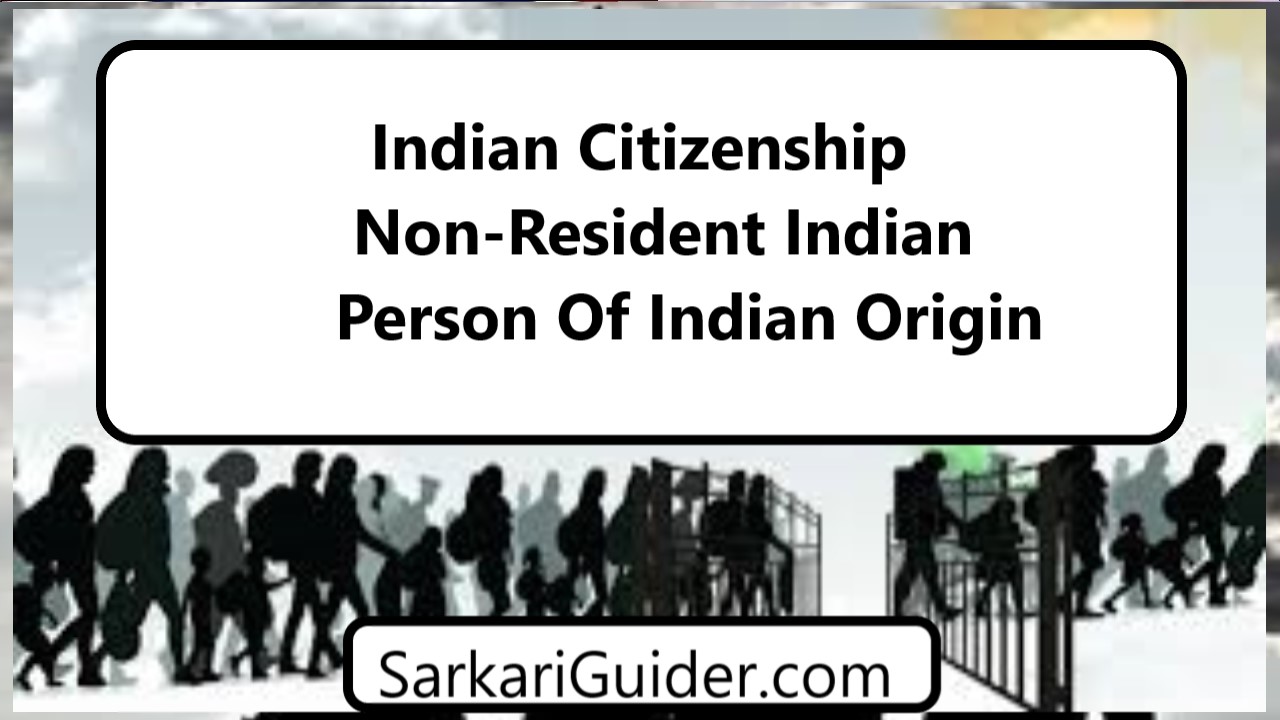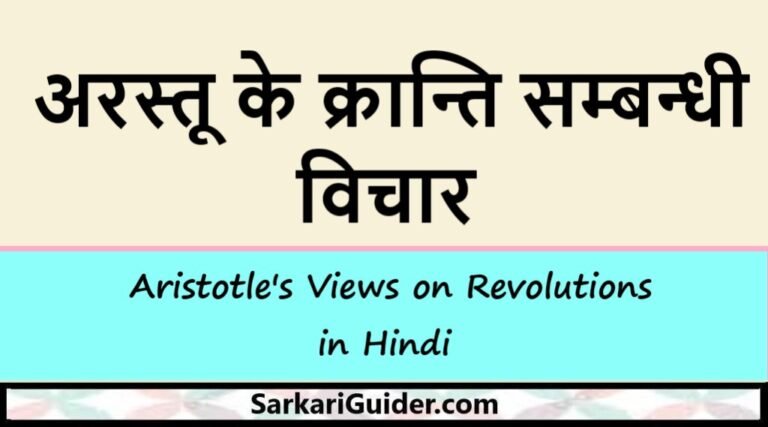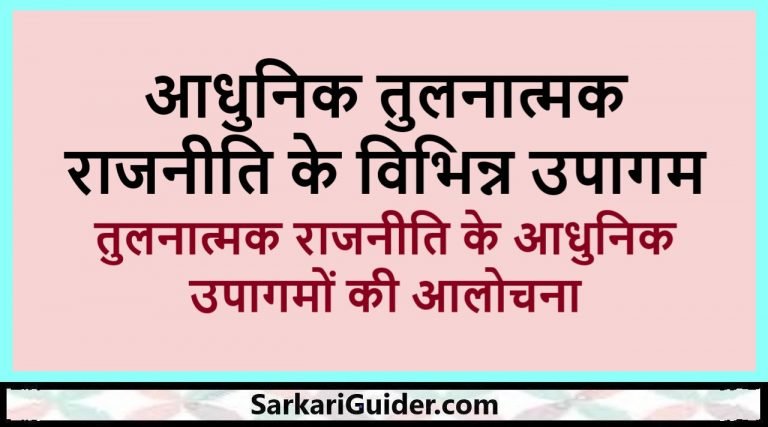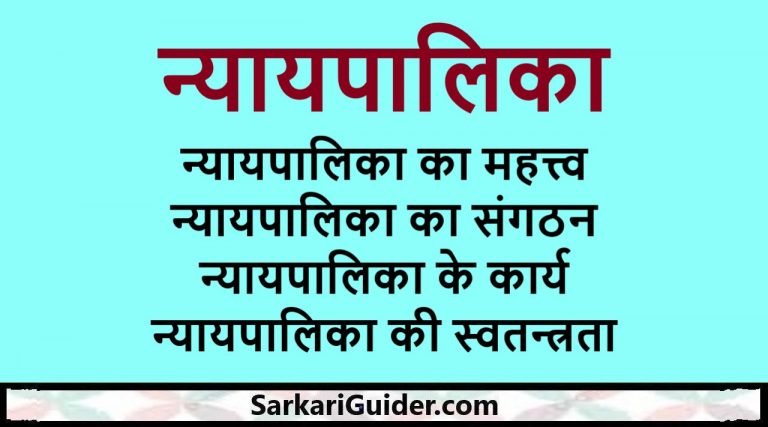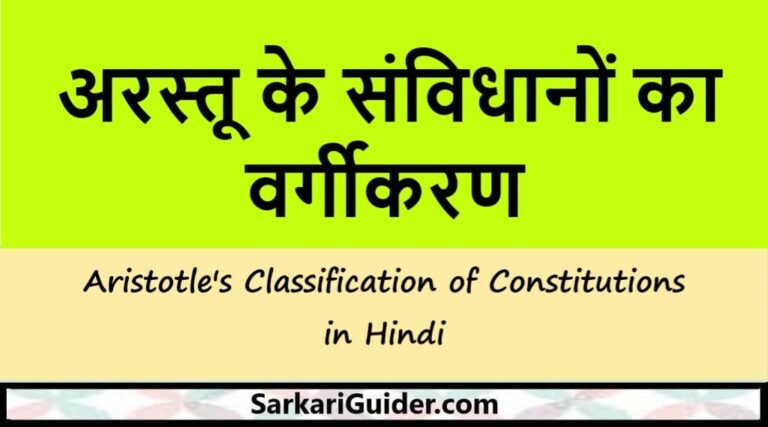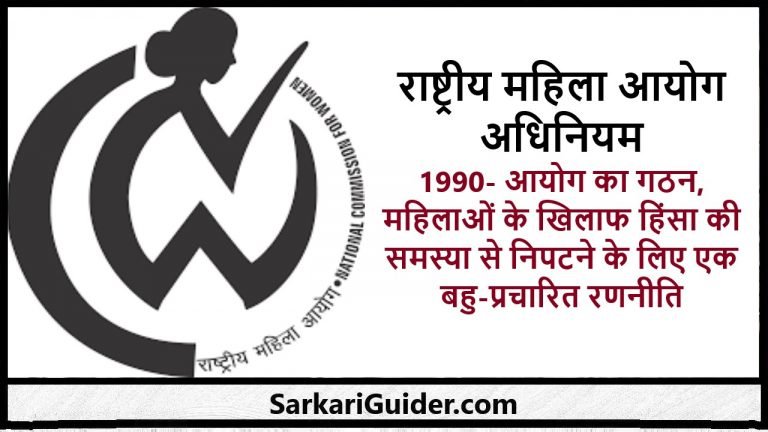What is Indian Citizenship | Types of indian citizenship
What is Indian Citizenship | Types of indian citizenship
Indian Citizenship
Dictionary defines citizenship as-‘the state of being a citizen of a particular country’.
Whereas Wikipedia define as-citizen is a status of person recognized under the custom or law as being a legal member of Sovereign state are belonging to a nation idea of individual to defend their rights in front of government authority.
In India, citizenship is well explained in our constitution of India which deal with citizenship in part II with stated from article 5 to 11.it defines as the citizens are full member of the Indian states and owe allegiance to it they enjoy all the political and civil rights.
The main legislation which deals with the citizenship is-the citizenship Act 1955 according to section 2(b) of the act defines citizens as-citizens is in relation to country specified in the first schedule means a person who is under citizenship or nationality law for the time being in force in that country is a citizen or national of that country.
The first schedule mentioned here it has been omitted by citizenship amendment act 2003 (6 of 2004).
Beside citizens there are certain other categories of person dealt by Indian law these are as follows-
1} Non-Resident Indian (NRI)
Non-resident Indian is an Indian citizen who is ordinarily residing outside India and hold Indian passport.
2} Person Of Indian Origin (PIO)
A person who, or who’s any of the ancestors, was an Indian national and who is presently holding another country’s citizenship/nationality i.e. he/she is holding foreign passport. Any person who at any time held an Indian Passport; or he or either of his parents or grandparents was born in or was permanently resident in India as defined in Government of India Act, 1935 and other territories that became part of India thereafter provided neither was at any time a citizen of Afghanistan, Bhutan, China, Nepal, Pakistan and Sri Lanka; or who is a spouse of a citizen of India or a person of Indian origin is eligible to apply for a PIO Card. PIOs of all countries are eligible except Afghanistan, Bangladesh, Bhutan, China, Nepal, Pakistan and Sri Lanka.
A PIO Card Holder is entitled to the following benefits:-
- Shall not require a separate visa to visit India.
- Will be exempt from the requirements of registration if his/her stay on any single visit in India does not exceed 180 days.
- In the event of continuous stay in India exceeding 180 days, he/she shall have to get himself/herself registered within 30 days of the expiry of 180 days with the concerned FRRO/FRO.
- Parity with NRIs in respect of all facilities available to the later in the economic, financial and educational fields except in matters relating to the acquisition of agricultural/ plantation properties. No parity shall be allowed in the sphere of political rights.
A PIO Card Holder can visit India without visa for 15 years from the date of issue of PIO card. The PIO Card Holder is required to register with local police authorities in India when the stay in India exceeds 180 days for the first time.
As per section 5(1) (a) & 5(1) (c) of the Citizenship Act, a PIO Card Holder has to reside in India for minimum 7 years before making application for acquiring Indian citizenship.
Overseas Citizen of India (OCI)
A person registered as Overseas Citizen of India (OCI) under Section 7A of the Citizenship Act, 1955.
A foreign national, who was eligible to become citizen of India on 26.Jan.1950 or was a citizen of India on or at any time after 26.Jan.1950 or belonged to a territory that became part of India after 15.Aug.1947 and his/her children and grandchildren, provided his/her country of citizenship allows dual citizenship in some form under the local laws, is eligible for registration as Overseas Citizen of India (OCI). Minor children of such person are also eligible for OCI.
PIOs of all countries except Pakistan and Bangladesh are eligible provided the country of nationality allows dual citizenship in some form or other under the local laws.
An OCI is entitled to the following benefits:-
- A multiple entry multi-purpose lifelong visa for visiting India.
- Exemption from registration with local police authority for any length of stay in India.
- Parity with Non-resident Indians (NRIs) in respect of economic, financial and educational fields except in relation to acquisition of agricultural or plantation properties. No parity shall be allowed in the sphere of political rights.
Any other benefits as may be notified by the Ministry of Overseas Indian Affairs (MOIA) under Section 7B (1) of the Citizenship Act, 1955. An OCI can visit India without visa for life long. Registered OCI may be granted Indian citizenship after 5 years from date of registration provided he/she stays for one year in India before making application.
Acquisition and termination of citizenship
Legal provision relating to acquisition and termination of citizenship of India are contained in the citizenship act 1955. The Indian law confers the status of citizen in the following ways:
Citizen by birth (section 3)
1- A person born in India on or after 26 January 1950 but before 1st July 1987 is the citizen of India by birth irrespective of nationality of a parents
2- Person born in India on after 1st July 1987 but before 3rd December 2004 is considered as a citizen of India by birth if either of his parent is a citizen of India at the time of his birth.
3- A person born in India on or after 3rd December 2004 {the commencement of the citizenship amendment act 2003} is considered citizen of India by birth if both the parents are citizen of India are one of the parent is a citizen of India and the other is not an illegal migrant the time of his birth.
A person shall not be a citizen of India by virtue of this section if at the time of his birth-
(a) Either his immunity from suits and legal process as is accorded toward NY of a foreign sovereign power accredited do the President of India and he or she, as the case may be is not a citizen of India or
(b) His father mother is an enemy alien and the birth occurs in the place then under occupation by the enemy
Citizenship by descent (section 4)
(1) A person born outside India or other 26 January 1950 but before 10 December 1992 is a citizen of India by descent his father was a citizen of India by birth at the time of his birth. In case the father was citizen of India by descent only, that person shall not be a citizen of India unless his birth is registered at an Indian consulate within one year from the date of birth or with the permission of Central government after the expiry of the said period.
(2) A person born outside India on or after 10 December 1992 but before 3rd December 2004 is considered as a citizen of India if either of his parents was a citizen of India by birth at the time of his birth in case either of the parent was the citizen of India by decent that person shall not be citizen of India unless his birth is registered at an Indian consulate within 1 years from the date of birth or with the permission of the central government after the expiry of the said period.
(3) A person born outside India on or after 3rd December 2004 cannot be a citizen of India, unless the parents declare that the minor does not hold passport of another country and his birth is registered at the Indian consulate within one year of the date of birth or with the permission of the central government after the expiry of the said period.
Citizenship By registration {section 5 (1)}
Indian citizenship by recession can be required (not illegal migrant) by-
(A) person of Indian origin who are ordinary resident in India for seven years before making application under section 5(1 )(a)(thought the period of the 12th month immediately before making application and for six year is the aggregate in the eight year preceding the twelve month).
(B) Person of India origins who are ordinarily resident in our country or place outside undivided India under section 5(1) (b)
(C) Person of Indian origin who are ordinarily resident in India for seven years as mentioned at (a) above before making application under section 5 (1) (c).
(D) Final children whose both parents are Indian citizen under section 5 (1) (d).
(E) Person of village whose both parent are registered as a citizen of India under section 5(1) (a) or section 61 can acquire Indian citizen ship under section 5 (1) (f).
(F) person of full age whose or either of the parents were earlier citizen of independent India and residing in India for 1 year immediately before making application under section 5(1)(f).
(G) person of full age and capacity who has been register as the Overseas Citizens Of India (OCI) 5 years and residing in India for one year before making application under section 5(1)(g).
A person shall be deemed to be the person of India origin if he or either of a square and, was born in undivided India and in such other territories which become a part of India after the 15 days of August 1947.
By registration {section 5 (4)}
Any case minor children can be registered as a citizen of India under section 5 ( 4). If the central government is satisfied that there are special circumstances justifying circumstances registrations. Each case would be considered on merits
Citizenship by naturalization (section 6)
Citizenship of India by naturalization can be acquired by a foreigner (not illegal migrant) who is ordinarily resident in India for 12 years throughout the period of 12 months immediately preceding the date of application and for 11 years in the aggregate in the 14 years preceding the twelve month and the other qualification as specified in third schedule to the Act.
Whereas application is made in the prescribed manner by any person of full age and capacity who is not a citizen of country specified in the first schedule 4. For the grant of certificate of naturalization to him, the central government may if satisfied that the application is qualified for naturalization under the provisions if the third schedule grand to him of certificate of naturalization.
Provided that, if the opinion of the central government the application is a person who has rendered distinguished surface to the cause of science, philosophy, art, literature, world peace for human progressive generally. It may waive all or any of the condition specified in the third schedule of citizenship act 1955.the person to whom a certificate of naturalization is granted shall, on taking and oath of allegiance in the form specified in the second scheduled, be a citizens of India by naturalization as from the date on which the certificate is granted.
Citizenship by incorporation of territory
if any territory become a part of India the central government may be ordered notified in the official gazette, specify the person who shall be a citizen of India by reason of their connection with the territories, and those person shall be a citizen of India as from the date to be specified in the order.
Termination
Citizenship is terminated either by the renunciation or acquisition of citizenship of another country termination is covered in section 9 of citizenship act 1955.section 9(1) of the act provides that any citizen of India by naturalization or registrations acquires the citizenship of another country shall be cease is to be the citizen of India. It also provides that any citizens of India who voluntary acquires the citizens of another country shall be cease is to be citizens of India.
प्रमुख गवर्नर जनरल एवं वायसराय के कार्यकाल की घटनाएँ
INTRODUCTION TO COMMERCIAL ORGANISATIONS
गतिक संतुलन संकल्पना Dynamic Equilibrium concept
भूमण्डलीय ऊष्मन( Global Warming)|भूमंडलीय ऊष्मन द्वारा उत्पन्न समस्याएँ|भूमंडलीय ऊष्मन के कारक
प्राचीन भारतीय राजनीति की प्रमुख विशेषताएँ
Disclaimer: sarkariguider.com केवल शिक्षा के उद्देश्य और शिक्षा क्षेत्र के लिए बनाई गयी है | हम सिर्फ Internet पर पहले से उपलब्ध Link और Material provide करते है| यदि किसी भी तरह यह कानून का उल्लंघन करता है या कोई समस्या है तो Please हमे Mail करे- sarkariguider@gmail.com

